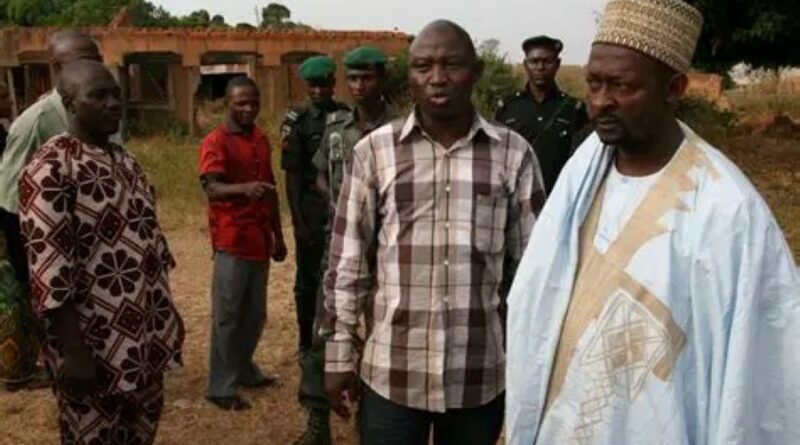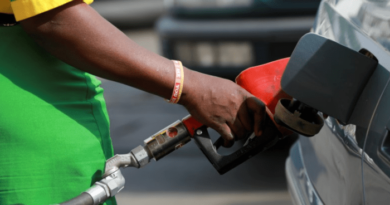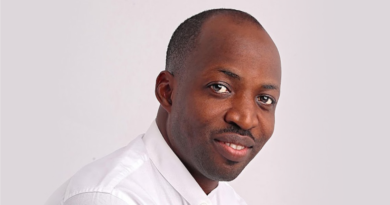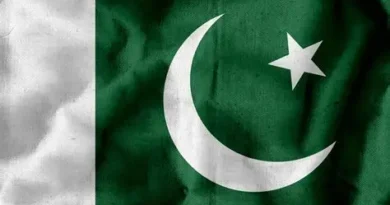Growing Concerns as Violence Escalates in Nigeria
Growing Concerns as Violence Escalates in Nigeria
A recent hearing before the US House Foreign Affairs Committee’s Subcommittee on Africa brought renewed attention to the worsening violence in Nigeria. Researchers, religious freedom advocates and clergy urged US lawmakers to take a measured but meaningful approach as tensions rise between Washington and Abuja. The current US administration has warned of possible military action and cuts to foreign aid in response to attacks on Christian communities, triggering sharp debate in both countries.
Warnings Against Reactive US Intervention
Oge Onubogu of the Center for Strategic and International Studies urged US officials to resist quick fixes. She argued that any unilateral military action could heighten danger for the very Christians the administration aims to protect. According to her testimony, threats alone have already fueled extremist rhetoric within Nigeria and intensified online polarization. She recommended long term cooperation that strengthens Nigerian institutions, addresses root causes of insecurity and supports local conflict management.
The Debate Over Targeted Attacks on Christians
The hearing highlighted a central point of contention: whether Christians in Nigeria are being targeted specifically for their faith or caught in broader conflicts driven by ethnic and land disputes. Onubogu noted that many attacks in the Middle Belt involve predominantly Christian farming communities but argued that motivations often extend beyond religion. She pointed out that victims of violence across the northeast and northwest include large numbers of Muslims as well, particularly in areas dominated by Boko Haram and other insurgent groups.
ALSO READ: Celebrating Pastor Tunde and Wife at 41 Years of Marriage
Calls for Stronger US Leverage and Accountability
Nina Shea of the Hudson Institute presented a different view, emphasizing that the US designation of Nigeria as a Country of Particular Concern should be used to pressure the Nigerian government into dismantling Fulani militias responsible for widespread killings in the Middle Belt. Shea urged disarmament operations, sanctions on individuals aiding the violence and targeted US aid to rebuild affected communities. She argued that Fulani militias, though heavily armed, are not as formidable as major jihadist groups and could be stopped with political will and international partnerships.
Humanitarian Needs and Local Support Networks
Both witnesses agreed that humanitarian conditions are dire. Many survivors of attacks have lost family members, homes and farms and face ongoing trauma. Shea stressed that aid should be distributed through trusted local providers including churches that already support displaced families on the ground. Beyond food and shelter, communities need early warning systems, communication tools and training for local guards to reduce their vulnerability.
Nigerian Christian Leaders Plead for Action
Bishop Wilfred Anagbe of Makurdi Diocese delivered an emotional appeal, stating that violence against Christians has reached its most dangerous period in recent memory. He criticized what he described as government silence and lack of accountability, which has left victims feeling abandoned. He challenged comparisons that portray Christian and Muslim deaths as equivalent in scale or cause and insisted that no Christian militias are carrying out similar displacements.
Governance Failures at the Heart of the Crisis
Despite differing interpretations, witnesses agreed on one underlying issue: weak governance. Nigeria’s security agencies are overstretched and often under equipped. Perpetrators of violence rarely face consequences, creating cycles of impunity. Onubogu emphasized that political will is essential for reforms that strengthen policing, improve coordination across states and address systemic corruption.
ALSO READ: CAC President Thanks God, Govt for Members’ Safe Release
The US Administration’s Proposed Steps
Ambassador Jonathan Pratt outlined the current US approach, which includes exploring sanctions, reviewing aid allocations and increasing diplomatic pressure on Nigeria to prioritize the protection of at-risk Christian communities. He noted that the administration is also working with Nigeria to curb arms trafficking and disrupt extremist funding.
Looking Ahead
The hearing underscored the urgency of balancing US engagement with respect for Nigeria’s sovereignty while pushing for accountability and protection for vulnerable populations. As violence continues to escalate, both nations face critical decisions about security cooperation, humanitarian relief and long-term stability. The path chosen will shape the future of religious freedom and national unity in Africa’s most populous country.
Content Credit: Ohidah Oluwaferanmi
Image Credit: The world.com




